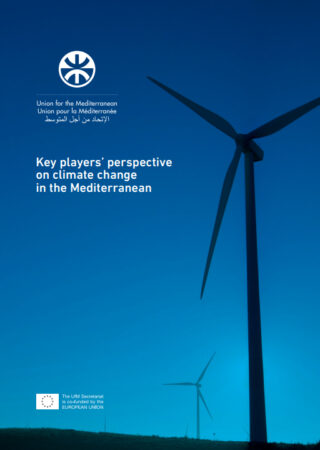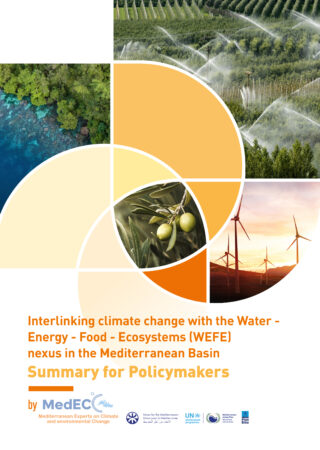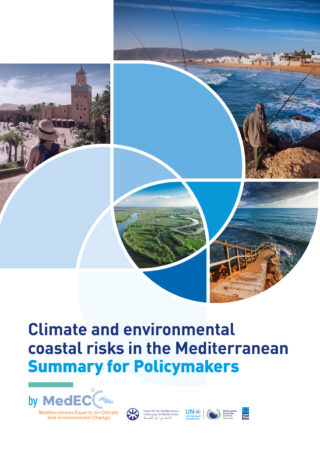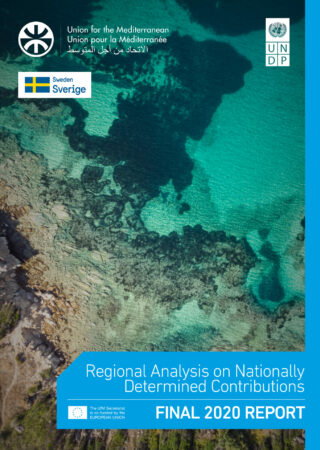
Key players’ perspective on Climate Change in the Mediterranean
This is a defining moment. Together, we are starting to build towards the low-carbon era. This is indeed a collective effort. States, communities, civil society organisations, businesses, international and intergovernmental organisations: we are all mobilised for the challenges that face us. The complexity of the climate challenge requires us to not only work at the global level but also to foster support at the appropriate intermediary levels. The Euro-Mediterranean region is undeniably one of these levels.
By strengthening cooperation, the Euro-Mediterranean States can improve the efficiency of their respective climate-related policies and, together, move towards the implementation of the Paris Agreement, for which they are all collectively responsible. The COP21, organised by France, was decision time. It laid the foundation for a new, ambitious climate regime based on collective action. The COP22, which is being hosted by Morocco, is time for action.
The Union for the Mediterranean, under the orientation of its Co-Presidency — chaired by the European Union and the Hashemite Kingdom of Jordan — is ready to fully take its part. With 12 climate-related regional pilot projects labelled by its 43 members and representing more than €2.6 billion, the Union for the Mediterranean is an important stakeholder and developing continuously new initiatives, especially on the southern and eastern shores of the Mediterranean.
Regional action at the Euro-Mediterranean level is feeded by local, national and international initiatives. For that reason, beyond the development of regional projects, regional dialogue is crucial. The establishment within the Union for the Mediterranean’s framework of platforms for structured political dialogue not only creates the conditions for the exchange of information and best practices, but also ensures the complementarity of the different initiatives.
Climate change is a challenge for the region, but it is also a tremendous source of opportunity for achieving more equitable, inclusive and sustainable development models. We must take advantage of the situation to foster investments, reactivate technological transfer, create job opportunities for young people, promote the key role of women and develop production and consumption models that contribute towards sustainable development efforts.
All the stakeholders who have contributed to this publication have expressed an acute awareness of the challenges facing the region but also of the great development potential of the transition towards a lowcarbon economy. Their points of view are invaluable for developing a common Mediterranean climate agenda and I must thank them for their contributions.
The Secretary General of the Union for the Mediterranean is guided by a shared political will to step up efforts in order to help make the Mediterranean region a place of stability and prosperity, as well as a model of sustainable development. There will be no stability and prosperity without sustainable development and no sustainable development without stability and prosperity. That is the principle that guides the actions of the Union for the Mediterranean.
The Mediterranean has played a decisive role in building the world of today, at political, economic, cultural and social levels. If we know how to prepare for the future and tackle climate change, then the Mediterranean will also play a decisive role in building the world of tomorrow.
Fathallah Sijilmassi, Union for the Mediterranean Secretary General
Author: Union for the Mediterranean
November 2016




